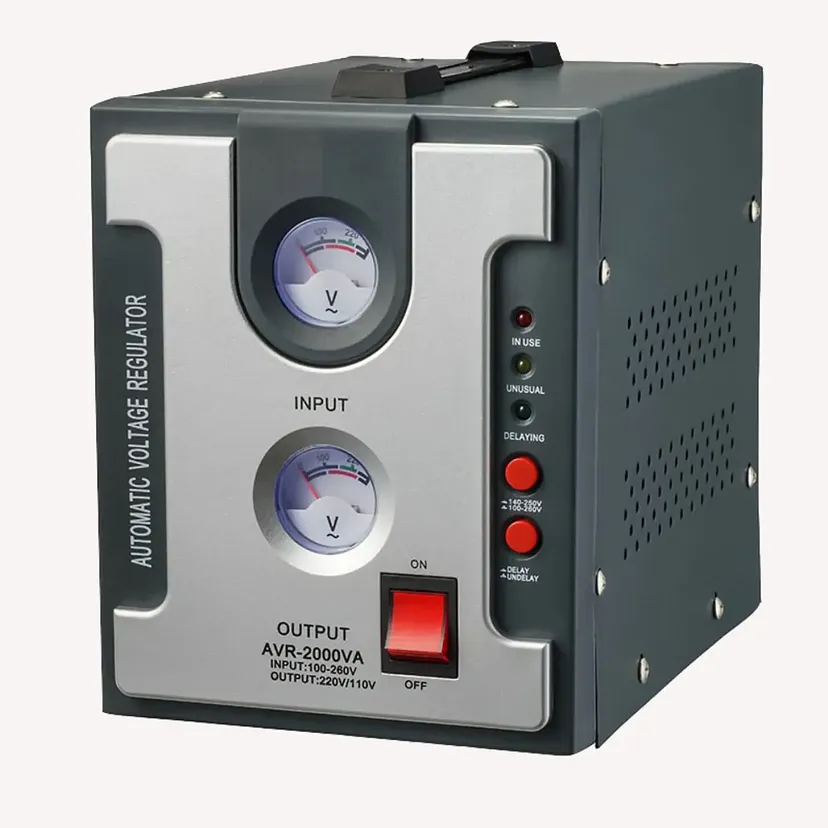AV Project Management: Ensuring Seamless Audio-Visual Solutions

Whether it’s a corporate boardroom, a large-scale conference, or a university lecture hall, having the right AV setup ensures clear communication, engagement, and overall success. However, implementing complex AV systems requires more than just purchasing the latest equipment. It is the process of overseeing every phase of an AV project, ensuring smooth installation, integration, and operation of audio-visual solutions.
What is AV Project Management?
AV project management involves planning, executing, and overseeing the deployment of audio-visual technologies in various environments. A dedicated AV project manager is responsible for managing teams, budgets, timelines, and equipment. They coordinate with different stakeholders such as system designers, engineers, and end users to ensure the project meets the client’s needs and runs efficiently. AV project management is essential for ensuring a seamless and timely implementation while minimizing risks, delays, and budget overruns.
The Role of the AV Project Manager
The AV project manager's role is multifaceted, requiring technical knowledge, leadership, and organizational skills:
- Initial Consultation and Planning: The first step in AV project management is understanding the client's requirements. The project manager meets with the client to gather information about their needs, such as the type of event or setting, budget constraints, and technological preferences. This phase is crucial as it forms the foundation for the project’s scope, timeline, and budget.
- Design and Engineering: Once the project scope is clear, the project manager works with AV system designers and engineers to create detailed blueprints for the installation. This includes selecting the right AV equipment, determining system integration requirements, and designing an efficient workflow for the installation process.
- Vendor and Equipment Management: Managing vendors and sourcing the right equipment are key responsibilities of the AV project manager. They need to ensure that all hardware, software, and cabling are ordered on time, meet the specifications, and are delivered according to the project schedule. This step is essential to avoid project delays.
- On-Site Installation: During the installation phase, the project manager oversees the technical team responsible for setting up the equipment. This includes everything from mounting screens, installing speakers, wiring, and configuring software to ensure that all systems are operating correctly. They ensure that the installation adheres to the design specifications and meets safety and quality standards.
- Testing and Commissioning: Once the equipment is installed, thorough testing is conducted to ensure everything is working as expected. This involves running the AV system, identifying any issues, and fine-tuning the setup. The project manager will also train the client or end users on how to operate the system, ensuring they can use it effectively.
- Post-Installation Support: Even after the project is complete, an AV project manager often provides ongoing support. This could include troubleshooting issues, performing regular maintenance, or upgrading the system as new technologies emerge.
Benefits of Professional AV Project Management
Hiring a professional AV project manager offers numerous benefits, including:
- Expertise: AV project managers bring in-depth technical knowledge and experience, ensuring that all components of the AV system work together smoothly.
- Efficiency: With a dedicated project manager handling coordination, timelines are managed more effectively, reducing the risk of delays.
- Cost Control: Through efficient planning and vendor management, project managers help clients avoid unnecessary expenses, ensuring the project stays within budget.
- Reduced Risks: Having a single point of contact to oversee the project minimizes the risks of miscommunication, delays, or technical failures.
Conclusion
Audio-visual technology has become a crucial part of modern businesses and events. AV project management ensures that these systems are properly planned, installed, and operated for maximum impact. By involving an AV project manager from the start, organizations can save time, reduce costs, and enjoy a seamlessly integrated AV system that enhances communication, collaboration, and engagement.
Contact US:
Email : team@zapperrsoft.com.au
Contact : +61488877066
Website : https://zapperrav.com/
What's Your Reaction?



















